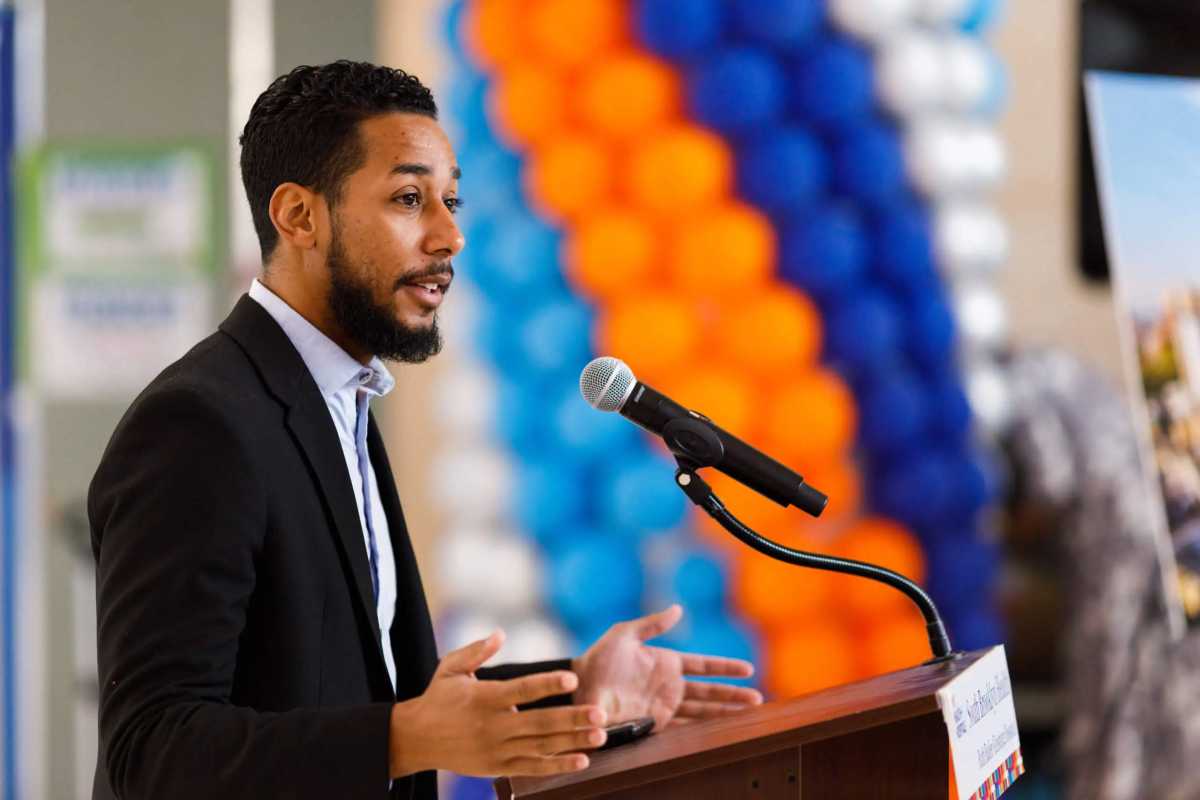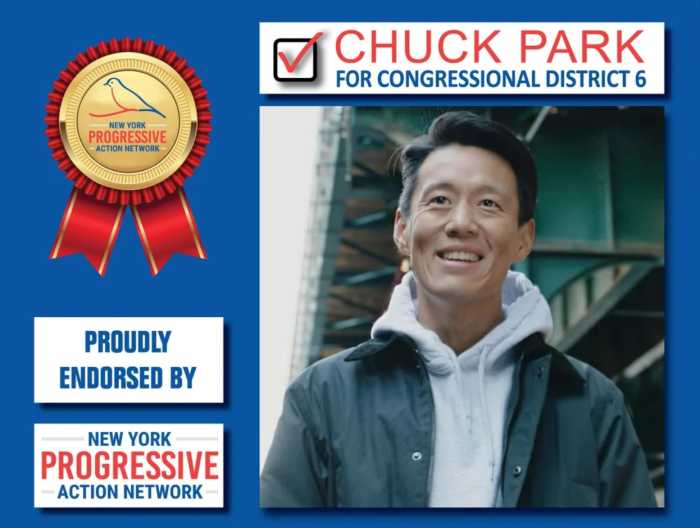Editor’s Note: The following is a rundown of some of the criminal justice-related reforms that New York City is making. S.W.
Closing Rikers
The City Council approved a $7.8 billion plan to close Rikers Island by 2026. The closing of New York’s correctional facility is just one component of a nationwide mission to improve the prison system. Rikers holds locally alleged lawbreakers awaiting trial and cannot afford or obtain, or are not given, bail from a judge; those serving sentences of one year or less; and those temporarily placed there pending transfer to another facility.
The facility is notorious for its mismanagement and abuse of inmates. Advocates for prison reform have stated that unjust incarceration has disproportionately affected black and brown members of the community. The 10,000 person jail, which is apart of the second-largest correctional network in the country, will be divided into four, smaller jails located in different boroughs.
The plan calls for a further reduction in the jail population to 3,300 inmates by 2026, when the prisoners will be transferred to the borough-based jails. The plan comes out of both growing progressive criminal justice ideas and legislations as well as the continuing drop in the city’s crime rate.
Borough Jails
In place of the Rikers facility, the city will build a new jail in each of its four largest boroughs — the Bronx, Brooklyn, Manhattan, and Queens. These complexes will be closer to courthouses, eliminating a chief complaint that Rikers’ isolated location caused delays in court hearings limited contact with people’s legal representatives.

The idea to transition from one, large, unruly jail to four, smaller jails was first mentioned by former New York City Council Speaker Melissa Mark-Viverito (D-Bronx) in 2016. The project has been widely accepted but still faces major obstacles, including opposition to new jails in some neighborhoods where residents worry that it would compromise the quality of life. Completion of the plan will require buy-in from future council members and the next mayor.
An End to Cash Bail
The state legislature eliminated cash bail for most misdemeanor and non-violent felony offenses. Once enacted in January 2020, most people charged with misdemeanor and non-violent felonies will be automatically released. It’s a controversial reform that the legislature has up until now steered away from, but that has attracted bipartisan support.
The change could save New Yorkers millions of dollars and countless days of jail time. There is a correlation between the movements to end cash bail and close regional jails—less use of bail means fewer people arrested anticipating trial, and less power to the institutions that hold them.

In conjunction with ending bail, Mayor Bill de Blasio introduced the Bail Lab, the City’s next step in reforming the bail system as part of the administration’s Justice Reboot initiative. The Bail Lab, alongside the courts, will test alternatives to money bail and payment strategies while collecting more data on defendants’ risks.
New Procedures for Mentally Ill New Yorkers
The number of 911 calls involving mentally ill people jumped from 97,000 in 2009 to nearly 180,000 last year. Finally, police are modifying their procedures to meet the needs of the population.
Trained mental health workers will join cops responding to 911 calls in an effort to reduce unnecessarily violent encounters between the NYPD and New Yorkers experiencing psychiatric crises. Police will no longer use the outdated term “EDP” (“emotionally disturbed person”). The changes follow Mayor de Blasio’s vow to reform the way police handle mental health cases after police last year fatally shot Saheed Vassell, whom officers believed was wielding a gun.
Cops are Offered Free, Anonymous Mental Health Care
NYPD officers struggling with mental health issues will be able to get free, anonymous treatment under a new program launched by the city. The reform comes after a series of police suicides. In 2019 alone, ten NYPD officers have killed themselves; double the rate of previous years, with the most recent death just last week.
Officers will now be able to seek free, anonymous treatment, including therapy and medication, through a partnership with New York-Presbyterian Hospital, Mayor Bill de Blasio and Police Commissioner James O’Neill said Wednesday on NBC’s Today Show.
For years, officers had to hand in their badge if they received a mental evaluation. Now police are allowed to keep their badge, even they lose possession of their gun temporarily.










